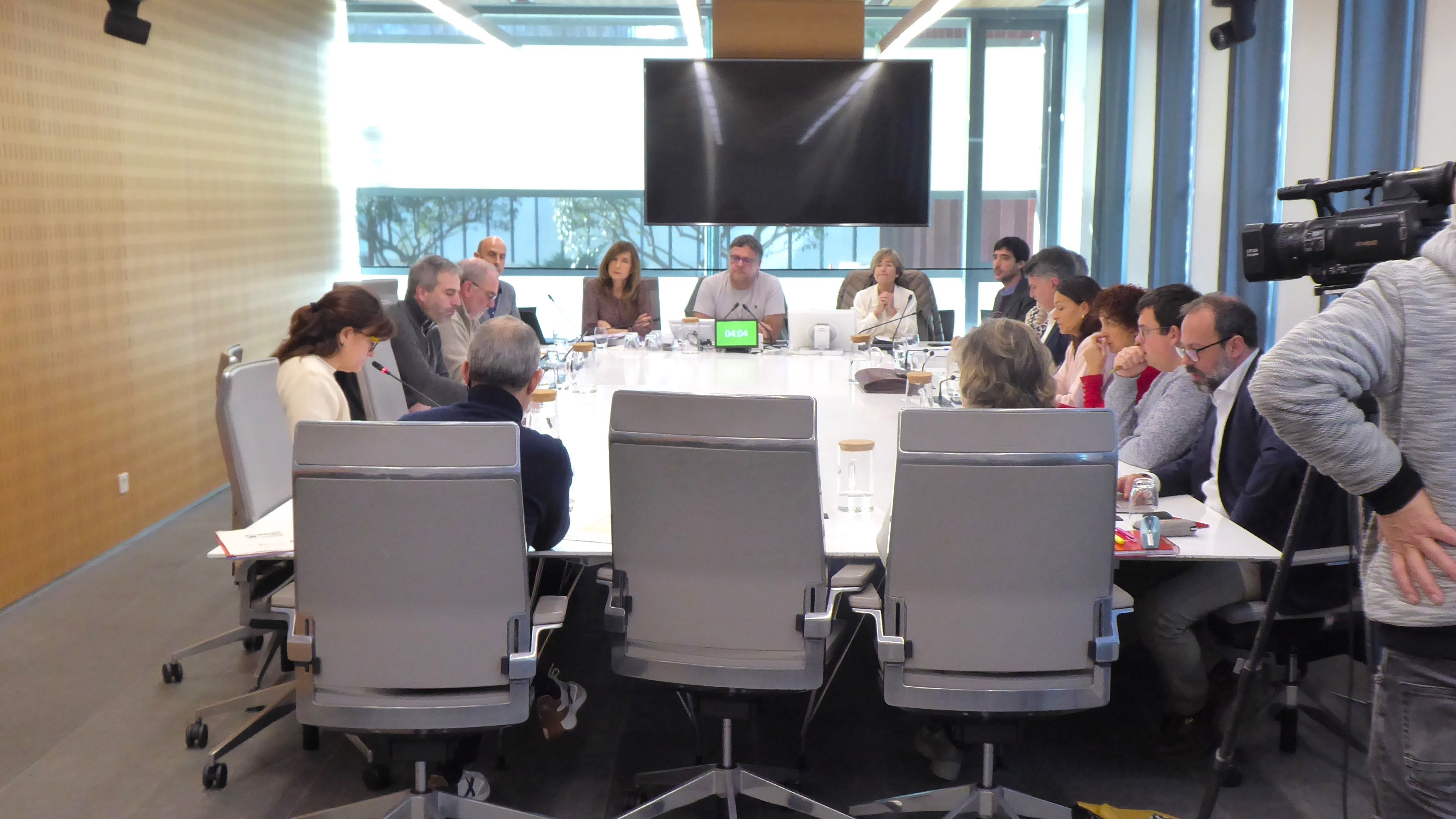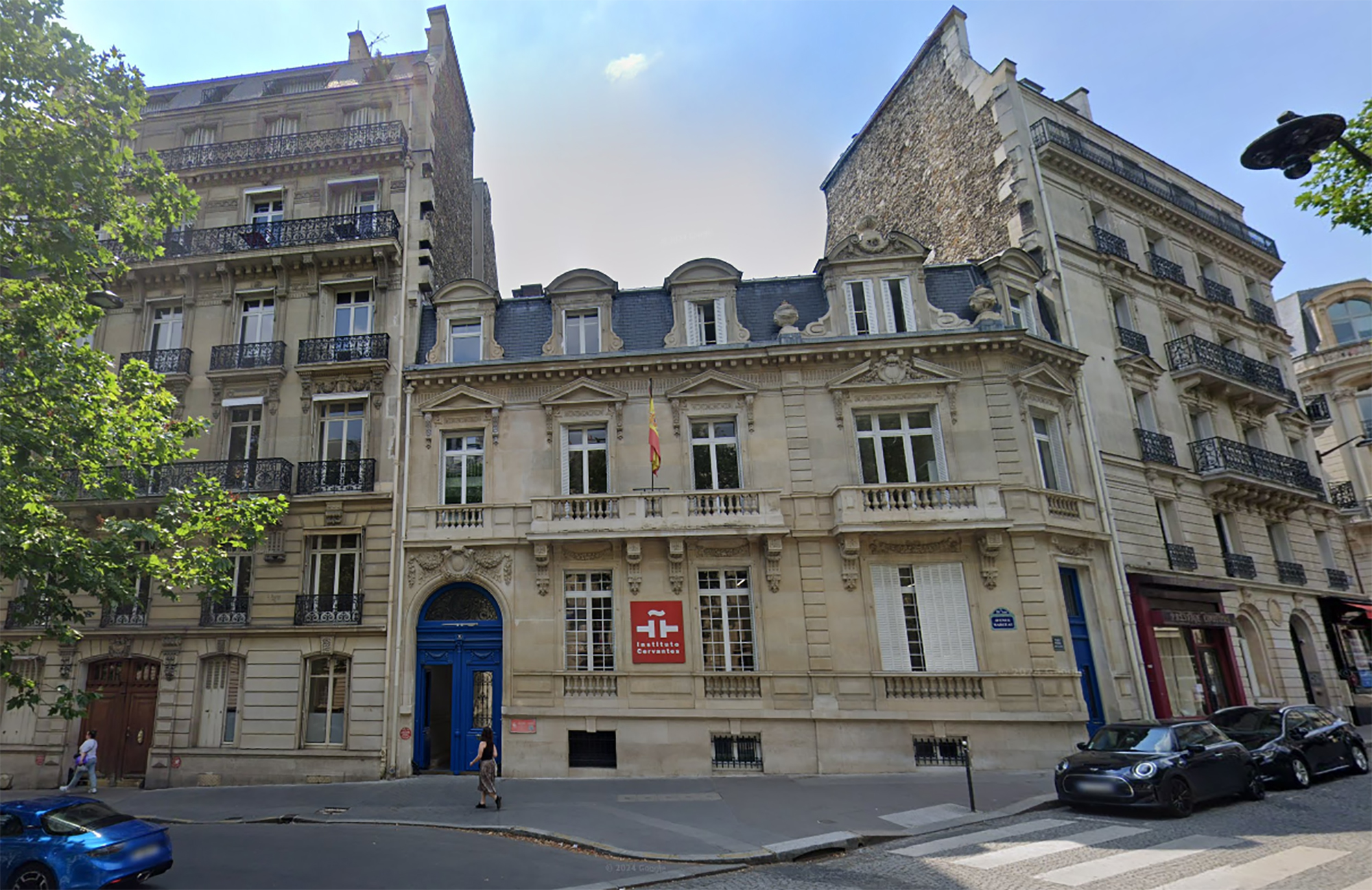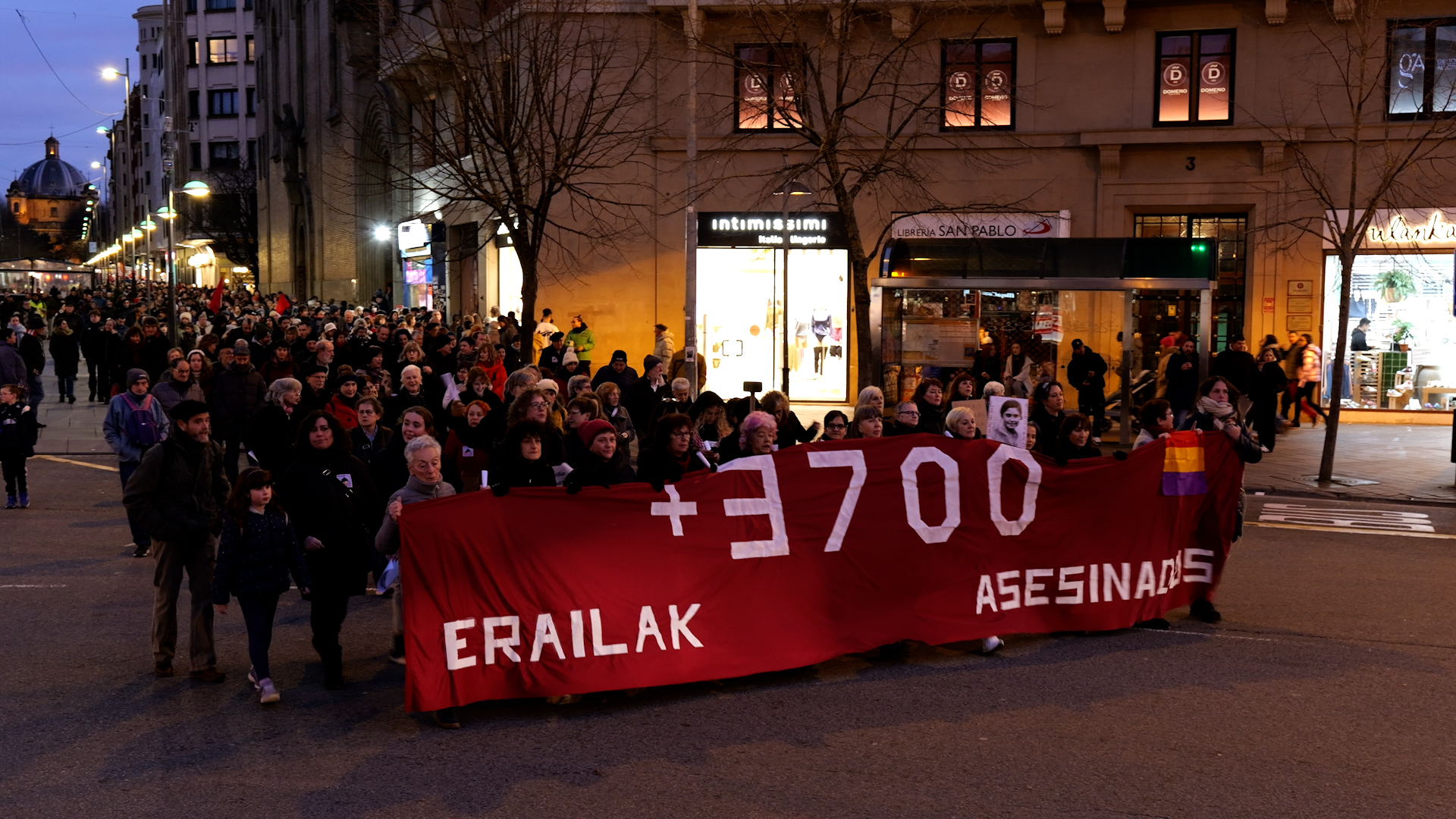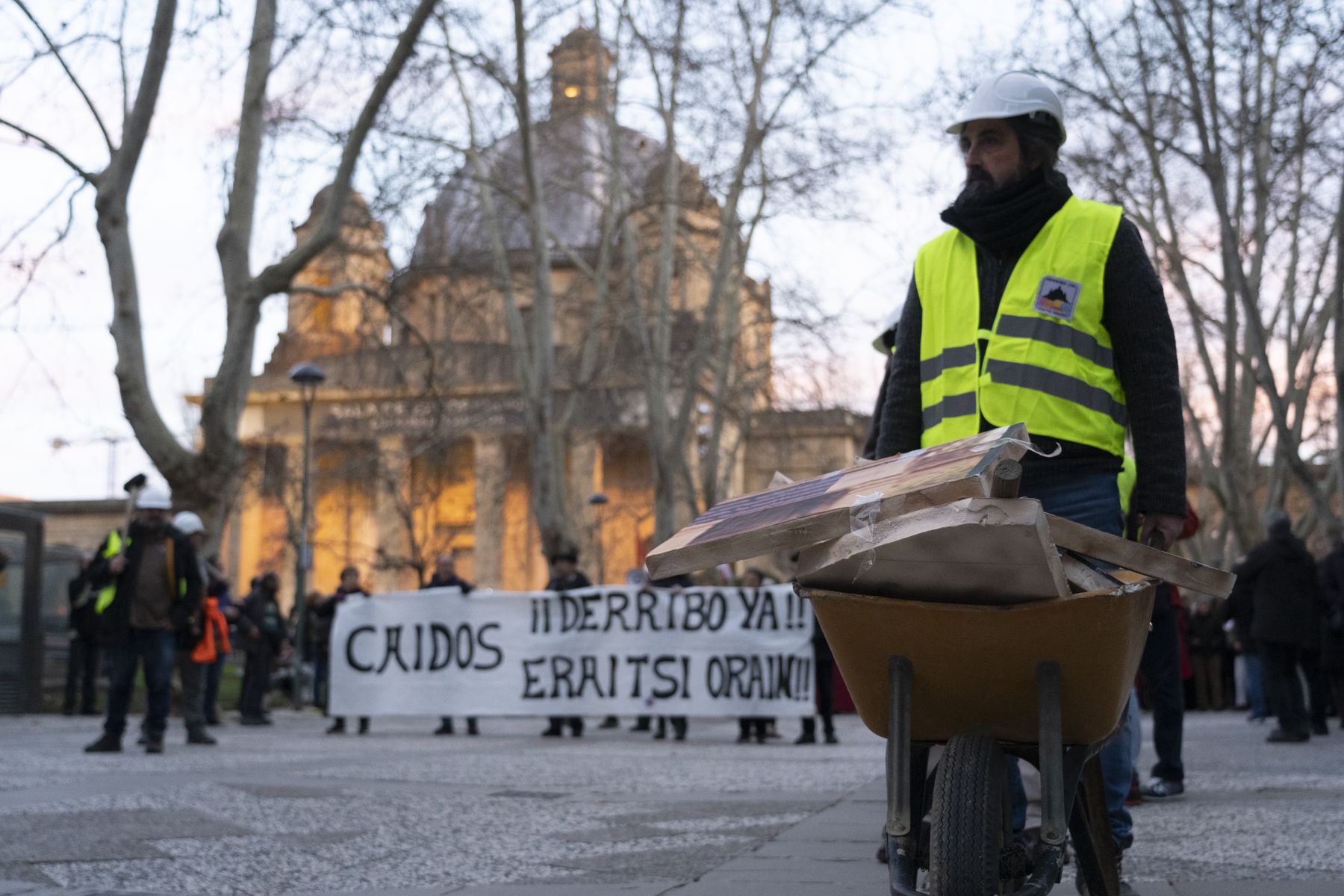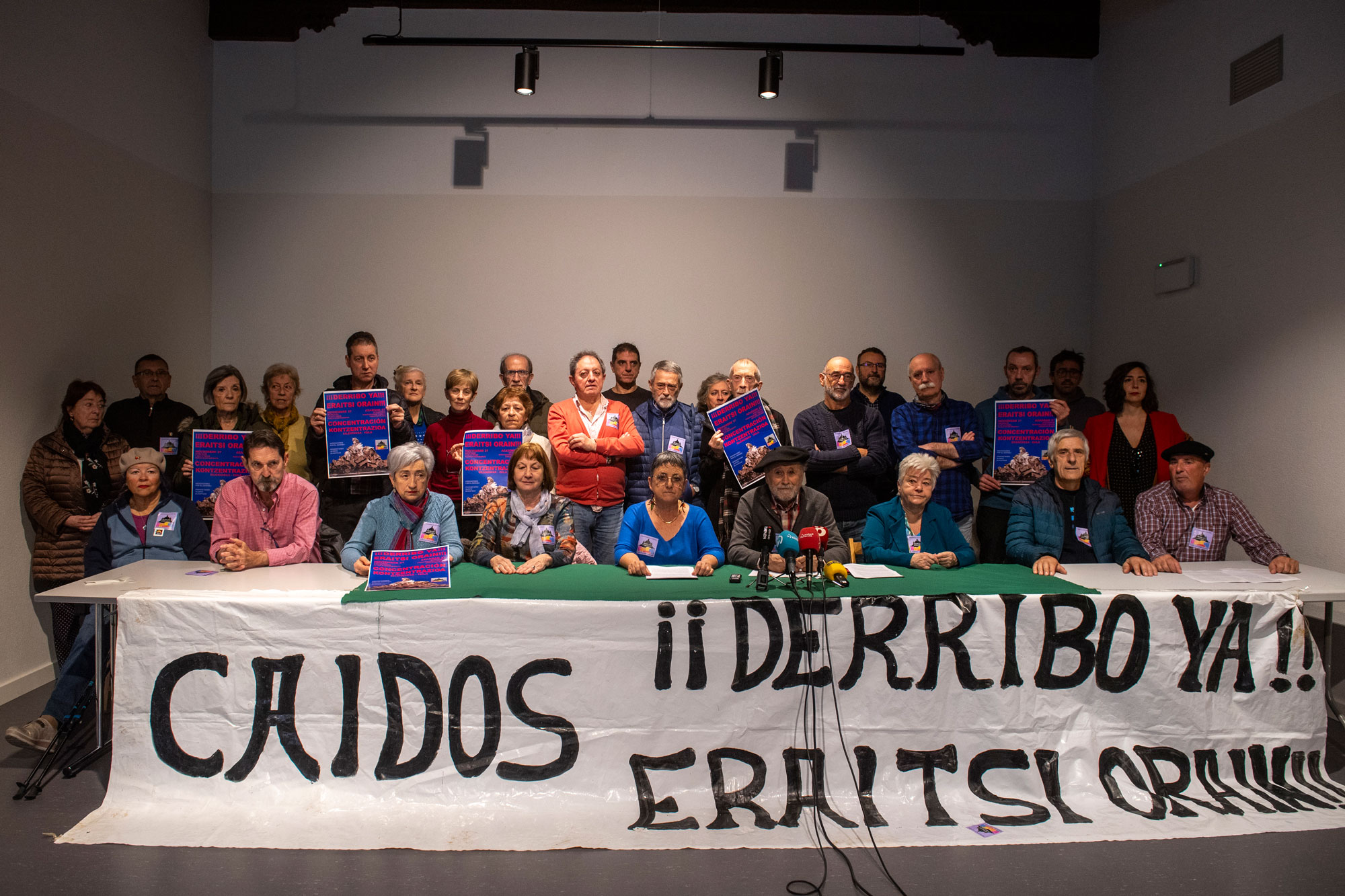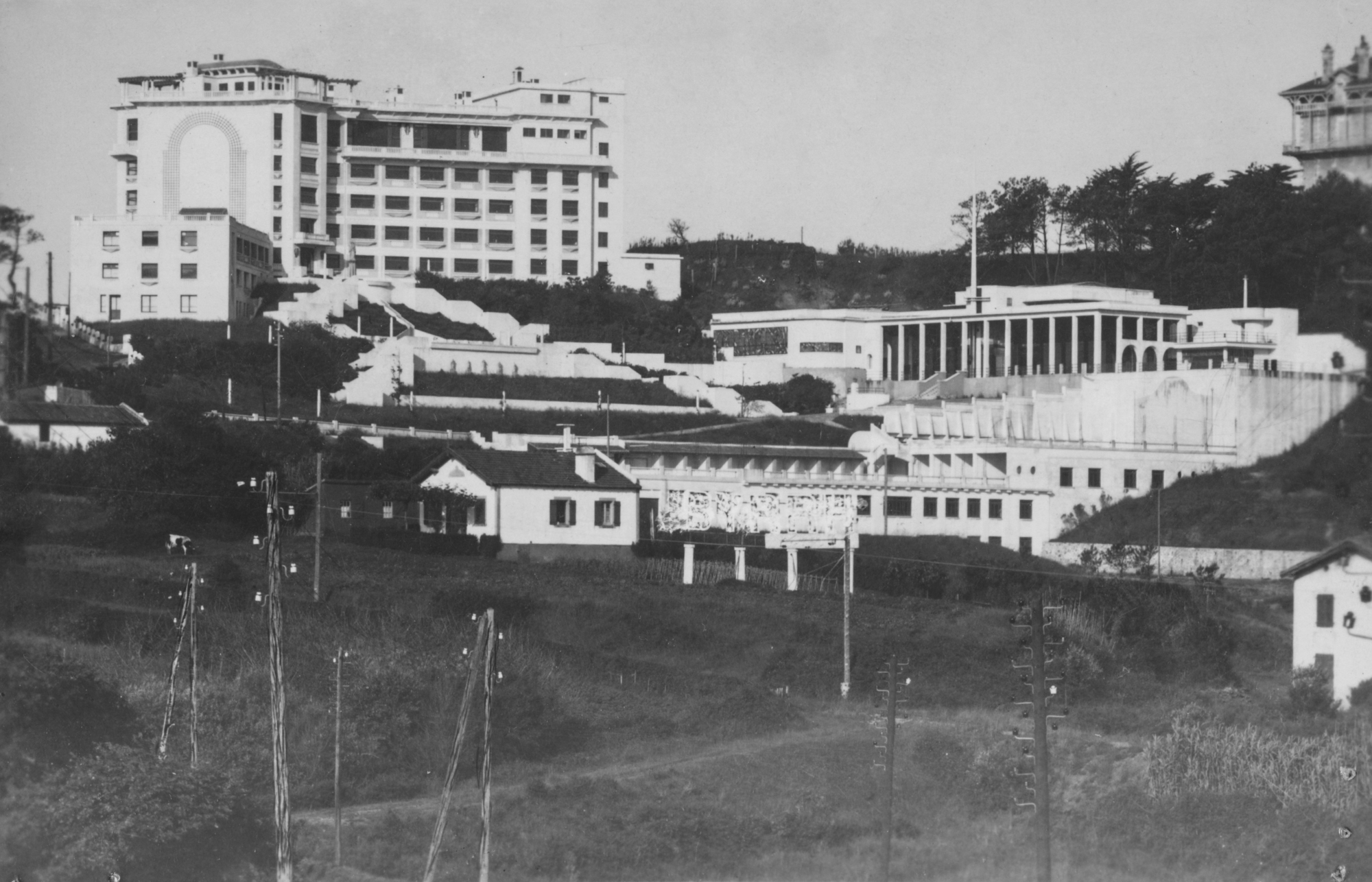The rich heirs of the Conqueror of Gil
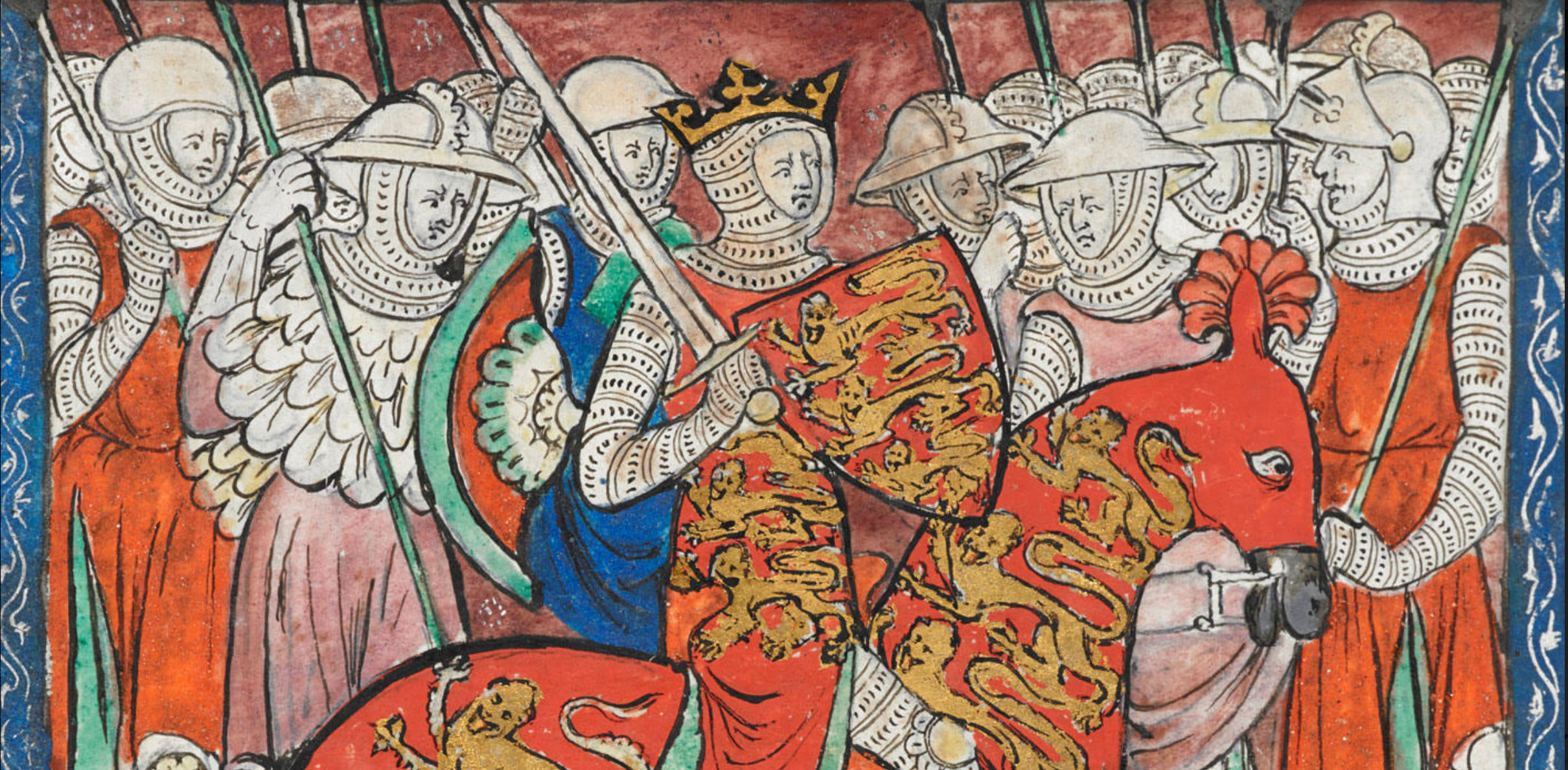
Hastings (England), 1066. The army of the Duke of Normandy I of Gil conquered the troops of King Harold II and conquered the throne. Gil's conqueror I was king until 1087.
In this reign after the Norman conquest, the rebellion organized uprising, effective administration and the feudal system was rigorous. The Crown proclaimed ownership of the lands of the British Isles and the King divided the lands between Norman Nobles.
Research journalist Kevin Cahill recently published a study on British land ownership, Who Owns Britain, owner of Nor da Britain. And it says that less than 1% of the British population owns almost 70% of the land in the UK and Ireland. Specifically, 66% of the land is owned by 160,000 families, or 0.3% of the population owns two-thirds of Britain. And Cahill discovers that most of these families are heirs to the nobles of the Conqueror's army.
Governments, economic and political systems have constantly changed in thousands of years, but goods have remained within the reach of a few, that is, the new systems have only reinforced the old unbalanced division
Governments, economic and political systems have constantly changed in thousands of years, but goods have remained in the hands of a few, that is, the new systems have only reinforced the old unbalanced division. And, as I say, most landlords still belong to the aristocracy, but also the Church of England, the royal house and some large companies are among the main landlords. In addition, Cahill faces several obstacles during the investigation and highlights the lack of transparency in land ownership. Some properties remain outside the Official Land Registry.
Cahille says that this issue goes beyond mere historical interest, is not just an ethical problem and has political, economic and social consequences. That is, the division that King Gil made a thousand years ago affects many problems today: the housing crisis, the environment, social inequality…
I just saw a series from another sad detective. All the plots take place on a remote island in Scotland. You know how these fictions work: many dead, ordinary people but not so many, and the dark green landscape. This time it reminded me of a trip I made to the Scottish... [+]
Japan, 8th century. In the middle of the Nara Era they began to use the term furoshiki, but until the Edo Era (XVII-XIX. the 20th century) did not spread. Furoshiki is the art of collecting objects in ovens, but its etymology makes its origin clear: furo means bath and shiki... [+]
In an Egyptian mummy of 3,300 years ago, traces of Yersinia pestis, the bacterium that caused the Justinian plague in the 6th century and the Black Plague in the 14th century, have just been found.
Experts until now believed that at that time the plague had spread only in... [+]
Greenland, the end of the 10th century. The first Scandinavian explorers and settlers arrived on the island. But by the 15th century these settlements had been abandoned and the original Inuit remained. But in 1721, the missionary Hans Egede organized an expedition and the... [+]
Tafallan, nekazal giroko etxe batean sortu zen 1951. urtean. “Neolitikoan bezala bizi ginen, animaliez eta soroez inguratuta”. Nerabe zelarik, 'Luzuriaga’ lantegian hasi zen lanean. Bertan, hogei urtez aritu zen. Lantegian ekintzaile sindikala izan zen;... [+]













